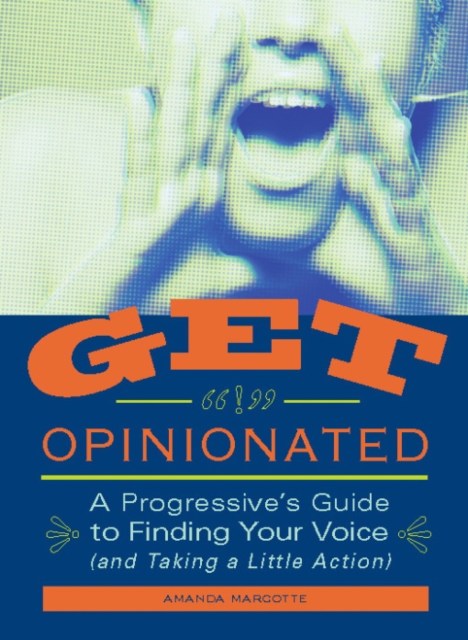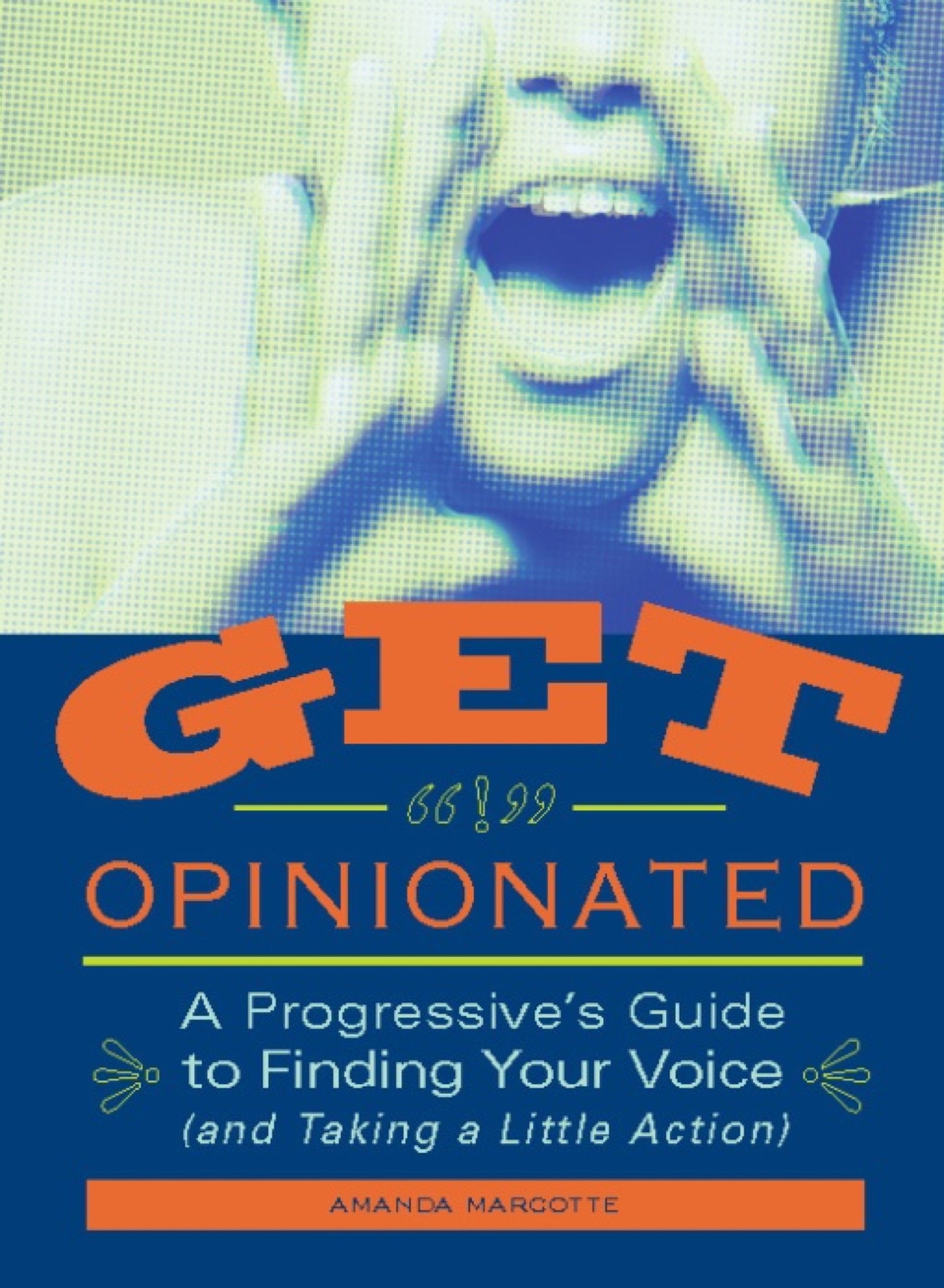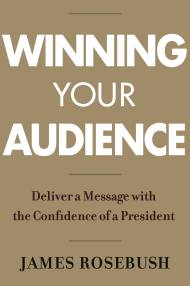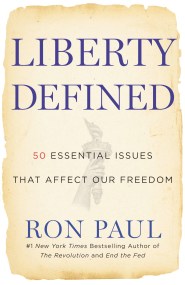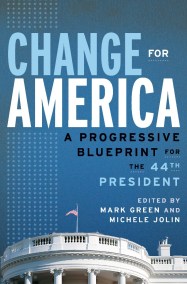Promotion
Use code MOM24 for 20% off site wide + free shipping over $45
Get Opinionated
A Progressive's Guide to Finding Your Voice (and Taking a Little Action)
Contributors
Formats and Prices
Price
$10.99Price
$13.99 CADFormat
Format:
ebook $10.99 $13.99 CADThis item is a preorder. Your payment method will be charged immediately, and the product is expected to ship on or around March 16, 2010. This date is subject to change due to shipping delays beyond our control.
Also available from:
For those who like their politics blunt, raw, and uncompromising comes Get Opinionated—a guide to the issues you care about: environmentalism, reproductive rights and access, taxes and public wealth, GLBTQ rights, health care, the War on Terror, the War on Drugs, and the Culture Wars.
Get Opinionated will help you find your political voice and galvanize you into action—or at least help you understand which issues you care about (or which ones most piss you off)—and why.
Get Opinionated will help you find your political voice and galvanize you into action—or at least help you understand which issues you care about (or which ones most piss you off)—and why.
Genre:
- On Sale
- Mar 16, 2010
- Page Count
- 256 pages
- Publisher
- Seal Press
- ISBN-13
- 9781580053495
Newsletter Signup
By clicking ‘Sign Up,’ I acknowledge that I have read and agree to Hachette Book Group’s Privacy Policy and Terms of Use
